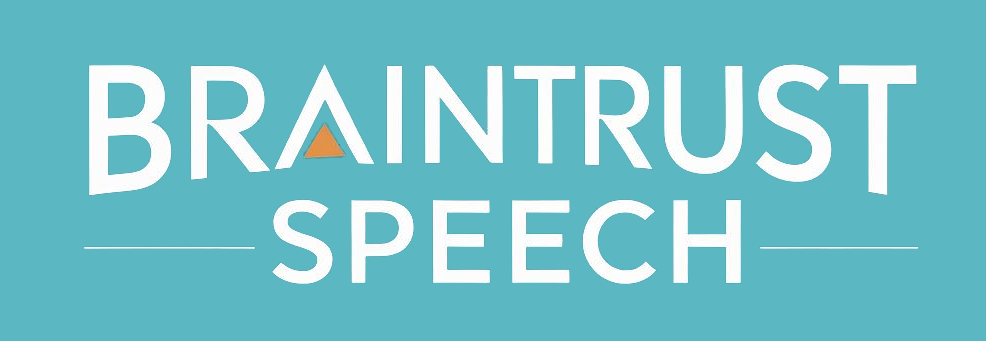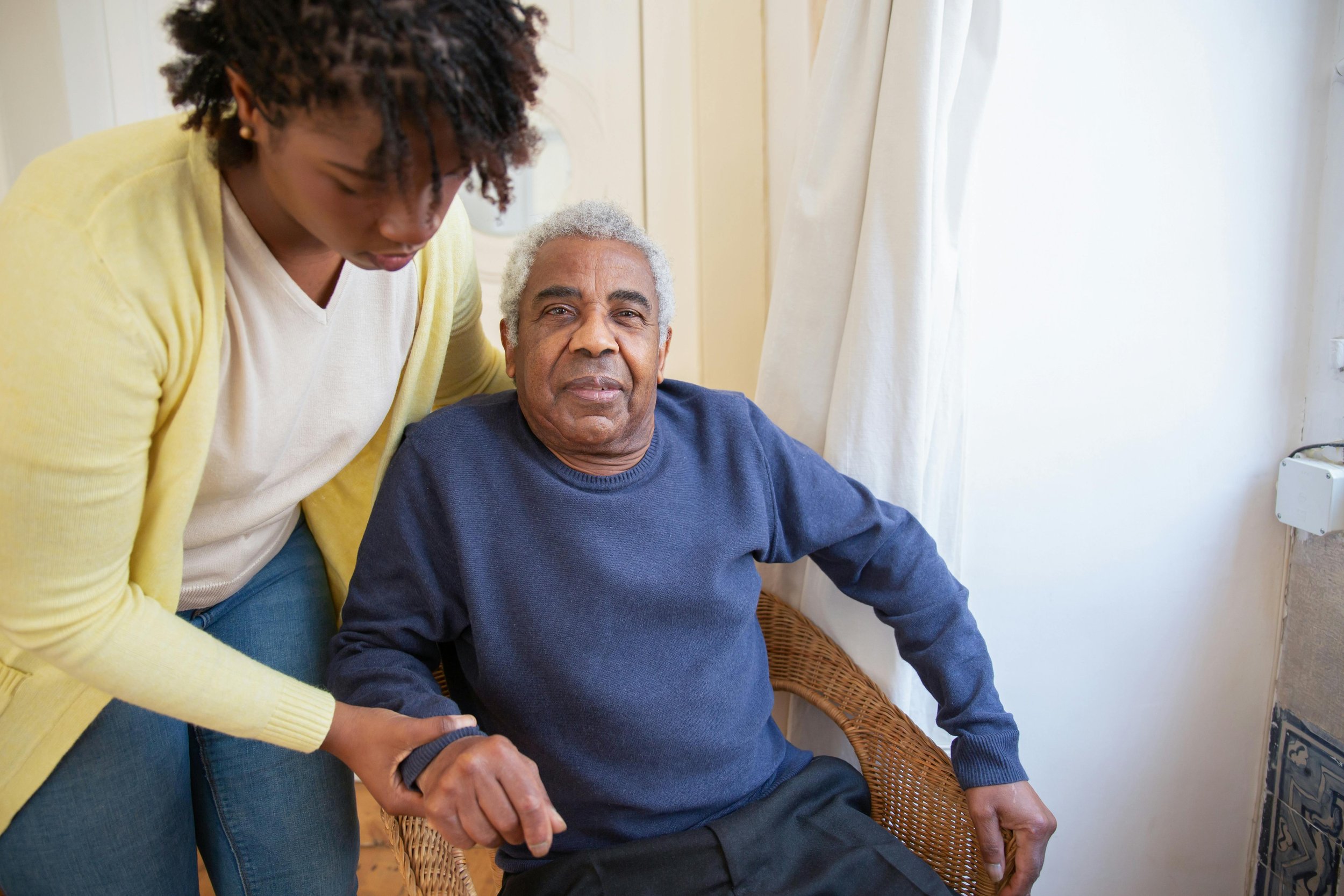Services
-
Speaking
Listening/Comprehension
Reading
Writing
-
Attention
Memory
Executive Functioning
Processing Speed
-
Dysarthria (slurred speech due to muscle weakness)
Apraxia (inconsistent speech due to breakdowns in motor planning and coordination)
-
Vocal quality and health
Vocal strength and endurance
Pitch and volume control
LSVT LOUD therapy for Parkinson’s disease
Individual Therapy Sessions
Comprehensive assessment and treatment for clients with neurologically-based changes. Therapy is guided by client goals in one or all of the following areas:
BrainTrust Boot Camp
An intensive short-term program designed to enhance neuroplasticity during the critical recovery phase following a neurological event, such as a stroke, traumatic brain injury, or neurosurgery.
The spontaneous recovery phase typically occurs within the first six months after injury and is characterized by rapid neurological improvement as the brain begins to heal.
Studies show that early, intensive speech therapy can optimize the brain’s ability to reorganize and form new neural connections, leading to better long-term outcomes.
Partner and Family Training
Sometimes the most effective care approach is to focus on short-term family training. This is particularly true in cases where the loved one has limited capacity to engage in therapy. Training sessions are crafted around each family’s specific home environment and real-world needs. There are no “one size fits all” solutions.
-
Participants will gain essential tools and strategies to foster a more positive caregiving experience centered on safety, emotional well-being, and connection.
-
Clients with severe aphasia greatly benefit from direct therapy. However, family training is equally vital.
Participants will gain mastery of essential communication techniques to help each family member feel heard, valued, and supported.
-
Participants will learn strategies to address challenging new behaviors (such as agitation, impulsivity, social disinhibitiion, decreased initiation, and emotional dysregulation).
Together, we will cultivate an approach grounded in empathy, clinical insight, and a touch of humor to ease tension and build connection.
-
Bringing a loved one home after a neurological event is a deeply personal and often emotional transition. Even the most dedicated families can find the transition more complex than expected.
Partner and family training equips caregivers with essential strategies to foster a smooth adjustment and make the home a place of healing.



